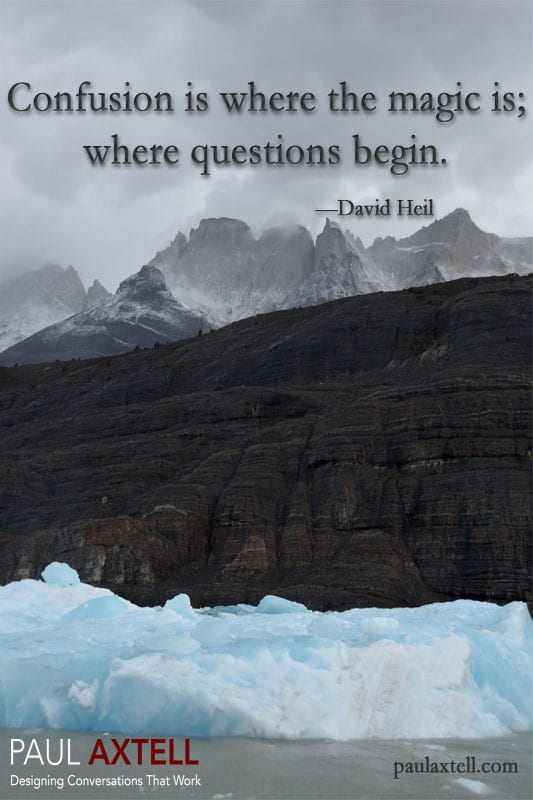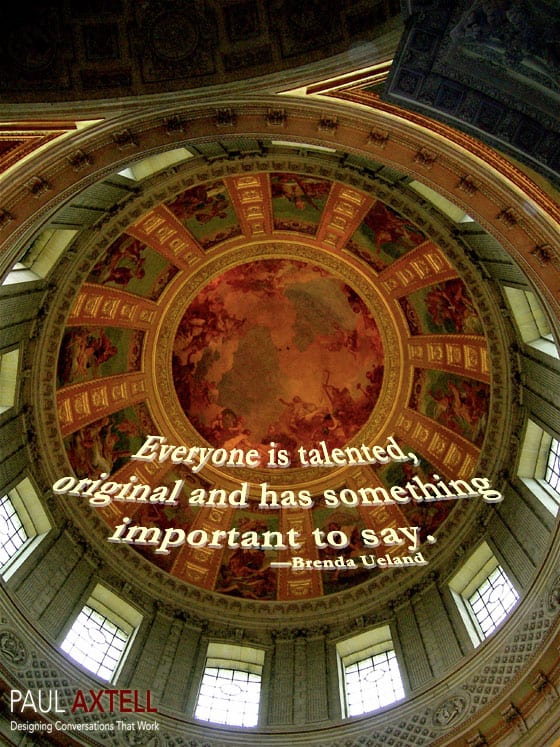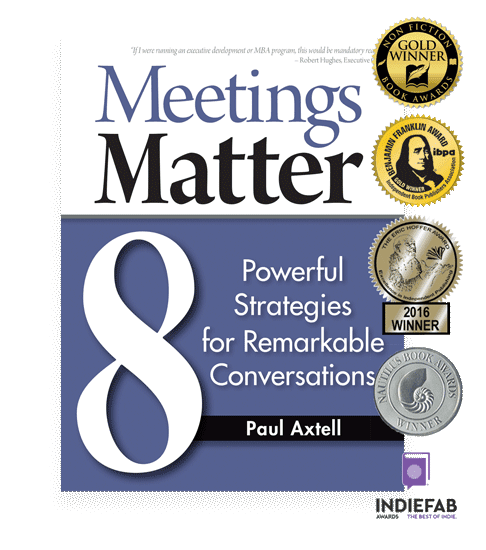Who might you invite to coffee?
Building relationships is part of the job
With today’s hurry-up pace, it seems we’ve simply lost the notion of slowing down and taking time to be interested in other people. Front porches have been replaced with fenced-in backyards. Company softball teams have disappeared. Events designed to get employees together after work no longer hold the same interest. We’ve lost track of what is happening in other people’s lives. We eat at our desks, and there doesn’t seem to be time to go out for coffee.
Let’s make time. There is something about the invitation to have coffee that carries a genuine interest in the other person, in connecting. Sure, Facebook and LinkedIn are designed for keeping in touch with the people in your personal and work lives to some extent. But nothing beats face-to-face conversations for developing a sense of connection and understanding. And those connections forged over coffee, tea, or lunch can provide value beyond getting to know one another better—they affect your ability to get things done in the organization.
During a leadership seminar, Ashlee shared a couple of her favorite insights about being in a leadership role. I loved this one, which she called: “With whom do I need to have a cup of coffee?”
As we were in the beginning of a new product launch, Mary Pat and I were feeling the pressure: a lot to do, and a short time to do it. It was chaotic. During a rough moment, Mary Pat said, “I am failing. I feel as if I am failing.”
“Why?” I asked her. “All launches are chaos, and we just need to get through it.”
She then said to me, “When Dave had this job, it wasn’t this chaotic. He would be having a cup of coffee with someone now instead of being out here on the factory floor.”
I looked at her as if she were nuts and asked how a cup of coffee would make things less chaotic. She said, “Dave knew when and with whom he needed to be building relationships to avoid the chaos and indecision.”
Her statement has stuck with me for years. I now evaluate situations and question where a cup of coffee could solve my problem, or at a minimum make it less painful.
For many reasons, projects stop moving or commitments are not kept. If you have a relationship in place with the folks involved, discussing the problem is much easier. It’s tough to bring up an issue with someone you don’t know. Over coffee might just be the best way to have difficult conversations.
There is something about disengaging from the hectic pace of work and life—stepping away, slowing down—that creates an environment of calm and safety and permission. It allows for conversations about things that matter. And I’m not talking about a huge time investment here. Thirty minutes, once a week, and you could make new connections or deepen your relationship with fifty colleagues in a year’s time.
Take Ashlee’s advice and begin your day by thinking of someone you might invite to coffee.
Excerpted from Meetings Matter: 8 Powerful Strategies for Remarkable Conversations by Paul Axtell.




















































